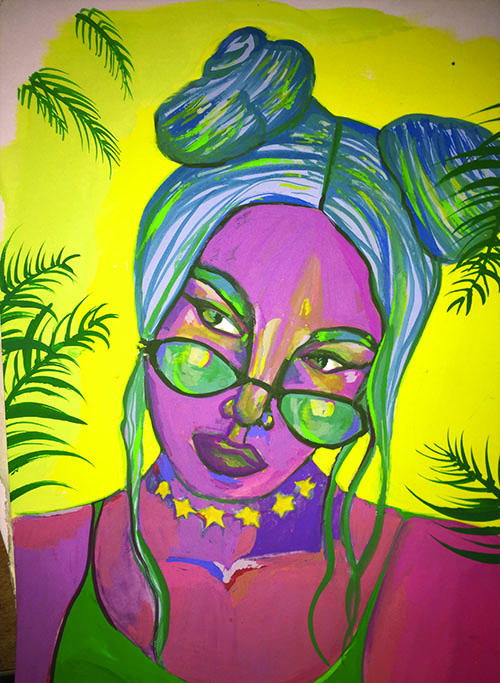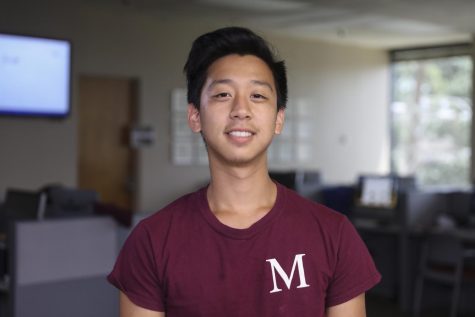As fourth wave feminism picks up speed, Loyola makes strides toward promoting awareness and support for equality.
According to Patricia Boyett, director of the Women’s Research Center, the emphasis on intersectionality separates fourth wave feminism from other waves in U.S. history.
The first wave began in the late 19th century, which focused on opening up opportunities, especially suffrage, for women. The second and third waves have built on that struggle for gender equality, but women continue to struggle through unequal societal and social standards between women and men.
Boyett said that the end of second and all of the third wave feminism grappled with understanding that people face different obstacles based on their personal identities within gender, race, culture, religion, orientation, class, ethnicity and other social constructs.
“I am hopeful that it will be fully intergenerational as we need every living generation to share their insight and expertise and develop a movement that has the depth and numbers to make exceptional changes,” Boyett said.
The basic definition of feminism is the struggle for gender equality, according to panelists from the Feminist Festival that took place in March.
“I was thrilled with Feminist Festival this year. We had considerable audiences at most events,” Boyett said. “I was so happy with all of the events and so moved by the brilliance and talent of our students, staff, faculty and community members who all came together to advance gender equality, celebrate successes and discuss how to continue to move forward.”
Armani Eady, political science junior, said that gender equality continues to elude society. Women still suffer from unequal pay, glass ceilings, high rates of gender violence, sexual harassment and unequal representation in
government.
“As college students, fourth wave feminism will require us to step outside of our comfort zones. That means showing up to each other’s programming, being an ally and celebrating each other’s differences,” Eady said. “This also means creating safe spaces in which we can have discussions about what makes us different. Most importantly, we should all listen and learn.”
The events and panels at the Feminist Festival inspired critical discussion and thought about the direction of gender equality, said student panelist Rula Thabata.
The panels consisted of a diverse group of women who all sought to stress the importance that everyone work together “towards a feminism that is pluralistic, inclusive and inter-generational; one that makes intersectional more than a buzzword,” Thabata said.
Loyola and the Women’s Resource Center have shown their support to gender equality by raising money for the organization Sexual Trauma Awareness and Response, which supports survivors of sexual assault by providing counsel and legal aid.
Emmaline Bouchillon, general studies freshman, believes that Loyola has supported body positivity by posting pictures of students’ empowering messages about their bodies and raised awareness by celebrating Denim Day on April 27, where people wear denim to raise awareness about rape and sexual assault.
“I think we are at an important time in our history in America. We have the opportunity to push our nation toward its creed of equality and justice for all. To advance such a cause, we must want and fight for justice and equality for all of us,” Boyett said.
















Anon • Apr 22, 2017 at 7:33 am
Keep going this way and the only women who’ll be having kids will be the ones who get IVF.